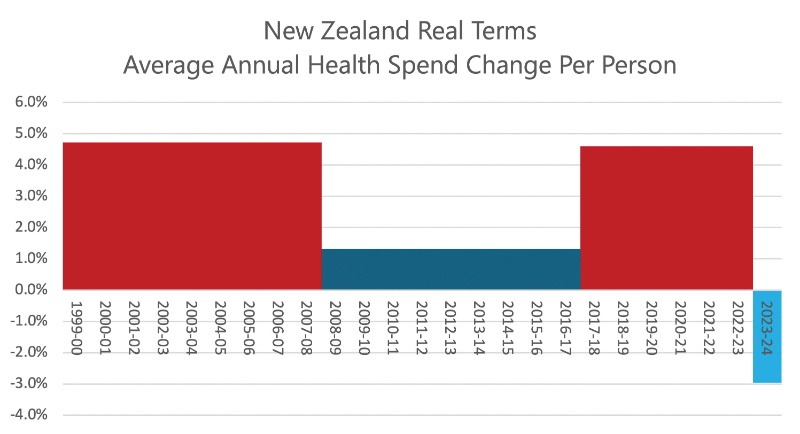Boycott Americarna - Taranaki Community Rejects Car Festival In The Middle Of A Climate Crisis
Climate Justice Taranaki, Palestinian Solidarity Taranaki and Better Streets Project are calling on the public and local schools to boycott this week’s Americarna.
Spanning four days from 21-24th February this year, Americarna will penetrate not only town centres, but rural villages and schools across Taranaki. Its founding principle ‘to celebrate American Car Culture’ has not changed since 2007.
“American car culture is the epitome of fossil fuel addiction and individualism. The car culture in Aotearoa has dominated our urban landscape and continues to marginalise those who can’t afford a car or those who would rather walk, cycle or take public transport. Really, how can we be celebrating American car culture in the middle of a climate emergency?” says Catherine Cheung of Climate Justice Taranaki.
"At a time when we are witnessing the mass slaughter and expulsion of Palestinians in Rafah and the ongoing genocide in Gaza, knowing the complicity of the US sending billions of dollars aiding and arming Israel, I find the brazen display of the American flag and the fossil fuelled Americarna celebration disturbing and distasteful," says Kate Cole of Palestine Solidarity Taranaki.
"In the US Midwest, the equivalent is called ‘Home Days’ and it is a homecoming celebration focused on people returning home to reconnect with their small community villages. The whole point is enjoying friends and family you grew up with, local bands, cake walks, baseball games, dunk the dolly, a parade ending in a parking lot of local old cars. I am all for celebrations, but it makes me sad to see that the emphasis on community and local festivity has been lost in translation," says Kristin D'Agostino of Better Streets Project.
“The Americarna organizers have planned three days of cruise routes, passing some fifty schools in Taranaki where they expect students to stand by, wave and cheer. We are asking schools to boycott this event by keeping their students in class where they belong. If teachers or parents want to allow their kids to participate, then make it a learning experience by explaining to them the impacts of transport pollution on human health and our life supporting climate. There are plenty of alternatives,” says Cheung.
New Zealand has one of the highest car ownership per capita in the world, 802 light vehicles for every 1,000 people in 2018, risen from 661 in 2001. In 2021, emission from road transport contributes to over 16 percent of NZ’s gross emissions. This has increased by 85 percent since 1990.
Background reading:
https://environment.govt.nz/publications/new-zealands-greenhouse-gas-inventory-19902021-snapshot/
https://www.transport.govt.nz/statistics-and-insights/road-transport/sheet/vehicle-ownership
https://www.ehinz.ac.nz/assets/Factsheets/Released_2020/NumberMotorVehicles_released022020.pdf


 Gordon Campbell: On The Americanising Of NZ’s Public Health System
Gordon Campbell: On The Americanising Of NZ’s Public Health System NZ Labour Party: Govt Health And Safety Changes Put Workers At Risk
NZ Labour Party: Govt Health And Safety Changes Put Workers At Risk Amnesty International Aotearoa New Zealand: Democracy At Risk
Amnesty International Aotearoa New Zealand: Democracy At Risk Walk Without Fear Trust: New Sentencing Reforms Aimed At Restoring Public Safety Welcomed
Walk Without Fear Trust: New Sentencing Reforms Aimed At Restoring Public Safety Welcomed Rio Tinto & NZAS: Archaeological Project Underway From Historic Excavations At Tiwai Point
Rio Tinto & NZAS: Archaeological Project Underway From Historic Excavations At Tiwai Point New Zealand Deerstalkers Association: NZDA Urges Hunters To Prioritise Safety This Roar Season
New Zealand Deerstalkers Association: NZDA Urges Hunters To Prioritise Safety This Roar Season PSA: 1000 Days Since Landmark Pay Equity Deal Expired - Workers Losing $145 A Week
PSA: 1000 Days Since Landmark Pay Equity Deal Expired - Workers Losing $145 A Week


